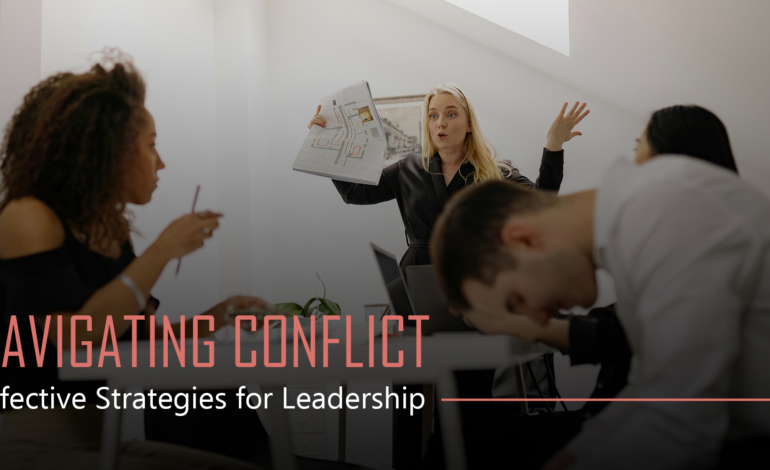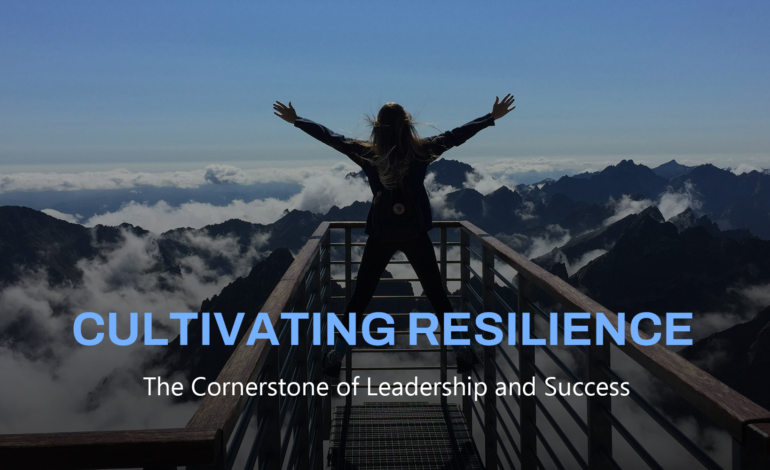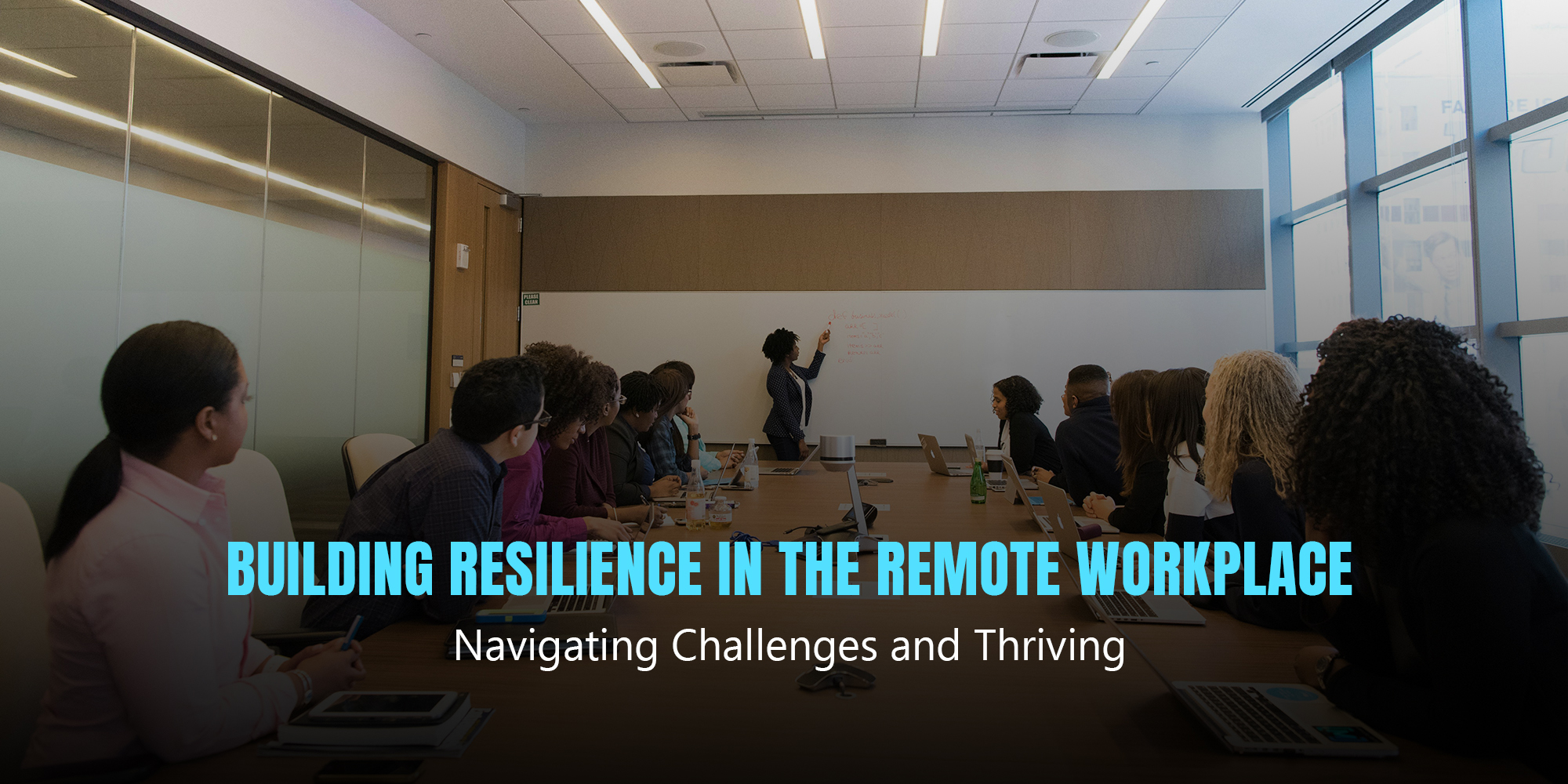
Introduction
Conflict is an inevitable component of any organizational setting. How leaders address these challenges significantly impacts team dynamics, productivity, and overall organizational success. While conflict can be disruptive, it also presents opportunities for growth and development. This article explores strategies for effective conflict resolution, empowering leaders to transform challenges into opportunities.
Understanding the Impact of Conflict
Conflict, when left unaddressed, can have detrimental consequences. It erodes trust, hinders collaboration, and diminishes productivity. Conversely, constructively managed conflict can lead to innovation, improved problem-solving, and stronger relationships. As a leader, your ability to navigate conflict effectively is paramount to fostering a positive and productive work environment.
Effective Strategies for Conflict Resolution
- Active Listening: Prioritize understanding the perspectives of all parties involved. Practice active listening by focusing on what others are saying, asking clarifying questions, and avoiding interruptions.
- Open Communication: Create a safe space for open and honest dialogue. Encourage team members to express their concerns and feelings without fear of judgment.
- Focus on Solutions: Shift the conversation away from assigning blame and towards identifying solutions. Collaboratively explore potential resolutions that address the root cause of the conflict.
- Empathy and Understanding: Strive to understand the perspectives and emotions of all parties involved. This fosters empathy and builds stronger relationships.
- Seek Compromise: Conflict resolution often requires finding common ground. Encourage a willingness to compromise and find solutions that benefit all parties involved.
- Mediation and Facilitation: If conflict escalates, consider involving a neutral third party to facilitate a constructive conversation. A mediator can help clarify issues, facilitate communication, and guide parties towards a resolution.
Building a Culture of Conflict Resolution
In addition to individual strategies, fostering a culture of open communication and conflict resolution is essential. Leaders can achieve this by:
- Leading by Example: Demonstrate effective conflict resolution skills through personal actions.
- Regular Team Meetings: Create opportunities for open dialogue and address potential conflicts proactively.
- Conflict Resolution Training: Provide employees with the tools and skills to manage conflict effectively.
- Celebrating Diversity: Embrace different perspectives and opinions as valuable assets to the team.
Conclusion: Conflict as a Catalyst for Growth
Conflict is an inherent part of any workplace, but it doesn’t have to be destructive. By adopting effective conflict resolution strategies, leaders can transform challenges into opportunities for growth and development. Remember, the goal isn’t to eliminate conflict entirely, but to manage it constructively. By fostering a culture of open communication, empathy, and problem-solving, you can create a more harmonious and productive work environment.
Effective conflict resolution is a journey, not a destination. Continuously refine your approach and seek feedback from your team to ensure you’re creating a supportive and inclusive environment for everyone.









